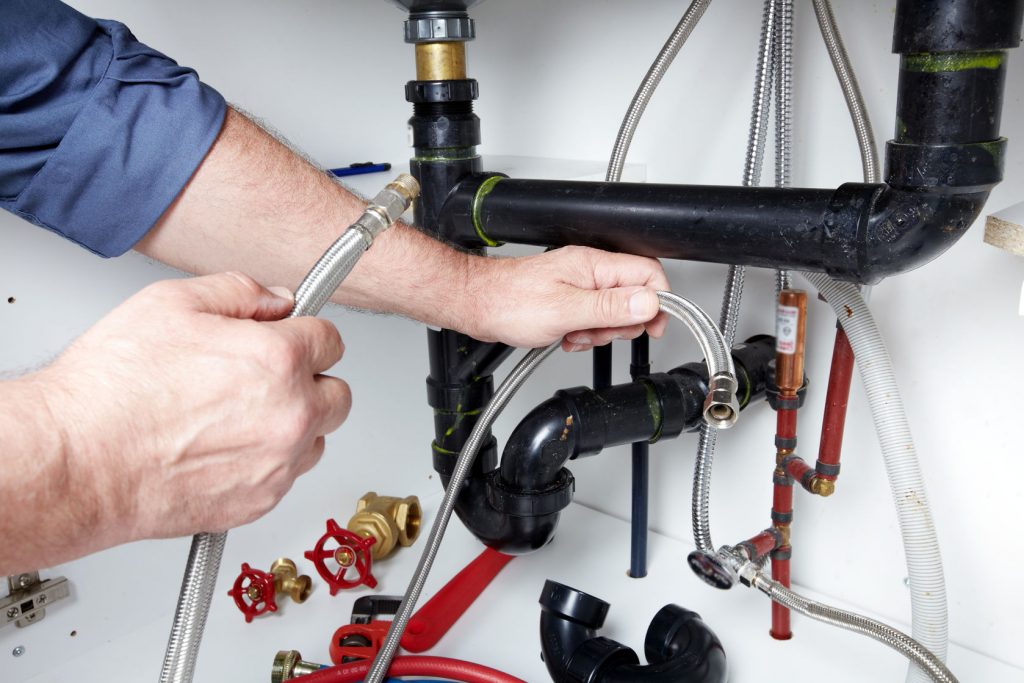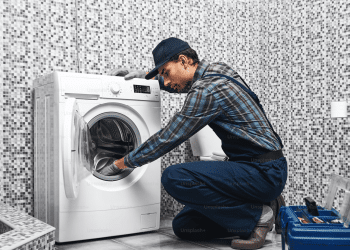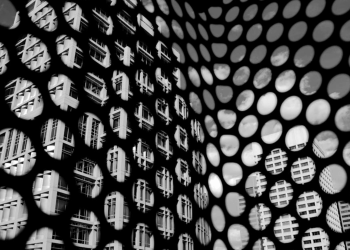A clogged or blocked drain is one of the most common reasons to have a plumber over. While it makes total sense for your drains to be clogged since you use them every day, the circumstances that cause this fault are easily preventable.

While DIY drain cleaning is a frequent solution, if the blockage seems to be recurring, it’s best to call expert drain cleaning services in Salt Lake City to get rid of the problem once and for all. But to avert the problem in the first place, look out for these common culprits.
Kitchen drain – food and grease
A clogged kitchen sink only points to one cause: bits of food debris that clung onto the drain walls. Homes usually have a strainer and a p-trap to catch these, but sometimes they’re so little that they just pass through. A telltale sign of this is the smell of spoiled food in your sink even if you already have cleaned it.
To prevent this, you can try dry-cleaning your plates, which is manually removing bits of food first before rinsing them over the sink. You can also pour boiling water and salt down the drain to expunge both food wastes and grease.
Shower drain – hair
The next clog-prone drain in your home is the shower drain. Usually, it’s clumps of hair and dead skin cellsthat cause the blockage.
Since hair rarely passes through your drainage system, the best recourse is to remove the drain cover, dig out the clumps with a wire coat hanger, and draw them out manually with your hands. You can also try pouring a mixture of vinegar and baking soda.
Bathroom sink drain – cosmetics
Blocked bathroom sink drains are difficult to unclog, mainly because it’s used by many people for many different purposes. People brush their teeth, scrub their make-up off, and clean off just about anything under a sink faucet. Thus, you may be looking at a clogged drain caused by dirt, plastic micro-beads from facial products, or bits of wet tissue or used make-up.
If it’s still clogged after pouring boiling water down the drain, try using a drain plunger or a drain auger to clear up the jam.
Floor drain – rust and minerals
Another tricky issue is blocked floor drains. This is because they can be placed anywhere – on your outdoor garage or your indoor laundry room – and, thus, are susceptible to different kinds of dirt.
However, since floor drains are also the most unattended, it’s safe to assume that it’s either dirt or debris from stagnated water, rust from corrosion, or a combination of these has clogged them. If usual solutions like boiling water, cup plungers, or vinegar and baking soda don’t work, it might be time to resort to chemical drain cleaners to clear your drain. Take note of possible side effects to your pipe, though.
Garden drain – dirt
While contractors call this differently – a yard drain, a landscape drain, or an area drain – the culprit remains just the same: mud, leaves, small twigs, and the like.
Cleaning out a garden drain requires extra effort. Apart from cleaning the debris off the catch basin, you may also need to clean the termination pointor where the water usually drains away. If the issue is severe, you may also need to excavate drain pipes to manually wash off solidified silt and debris.
No matter which drains you have to deal with, always remember to consult a professional plumber or drain cleaner before engaging in any dire procedure beyond easy fixes.







